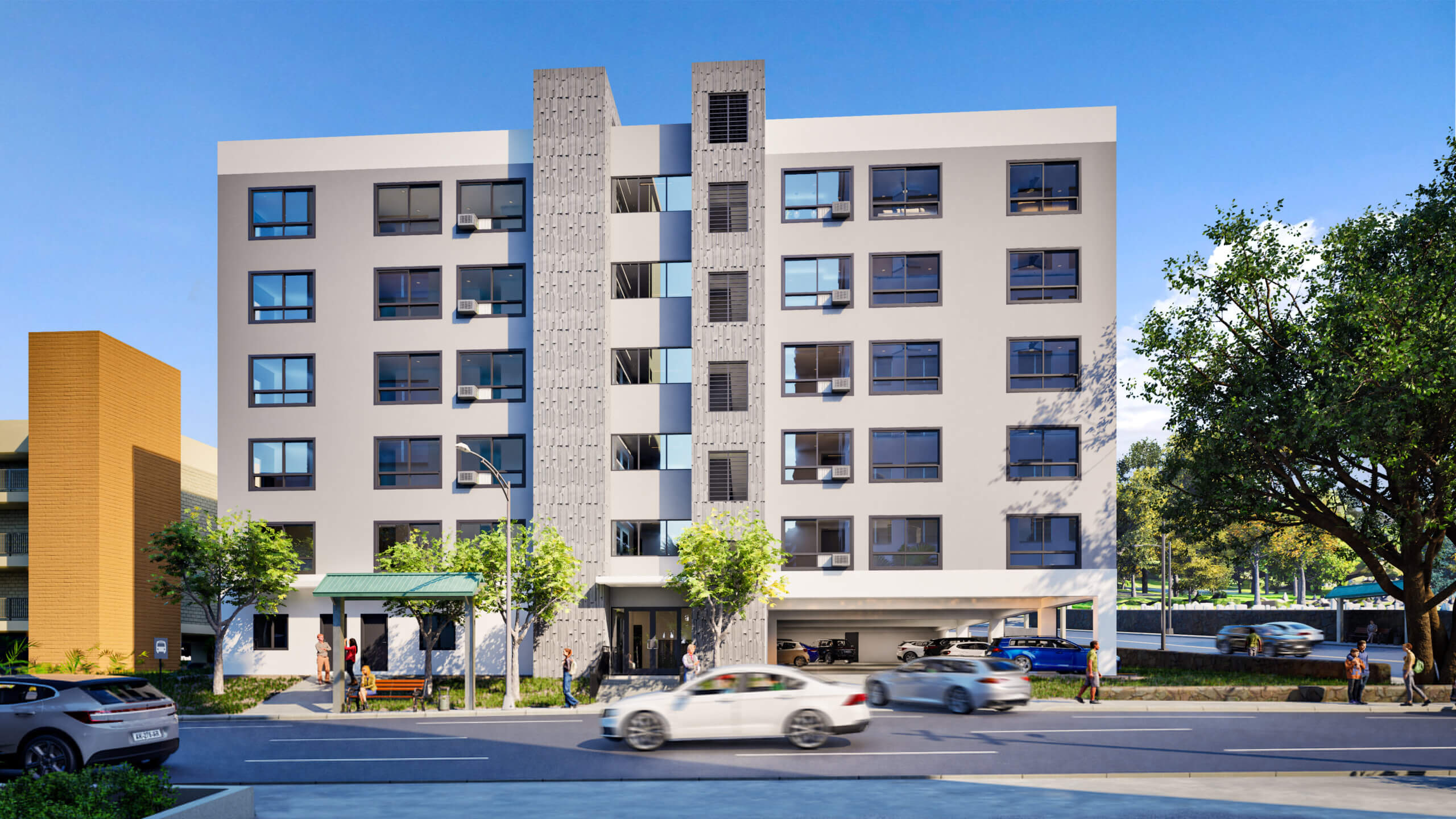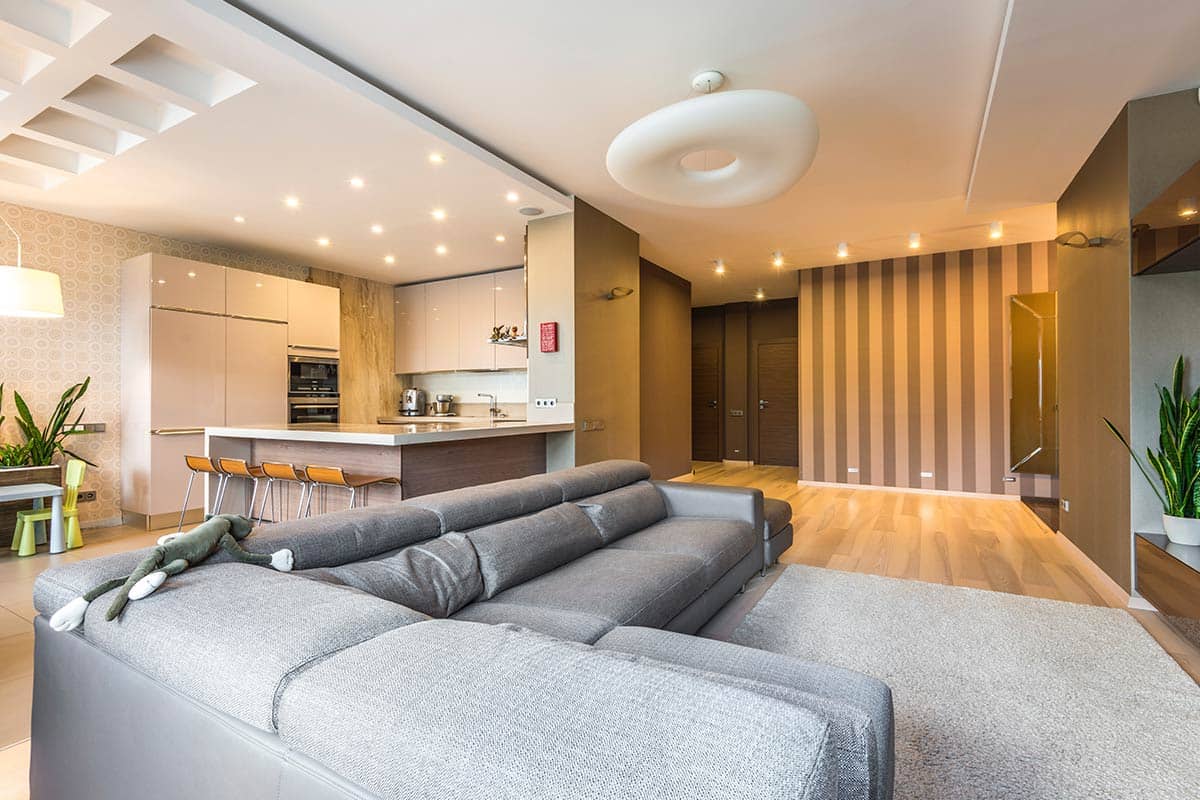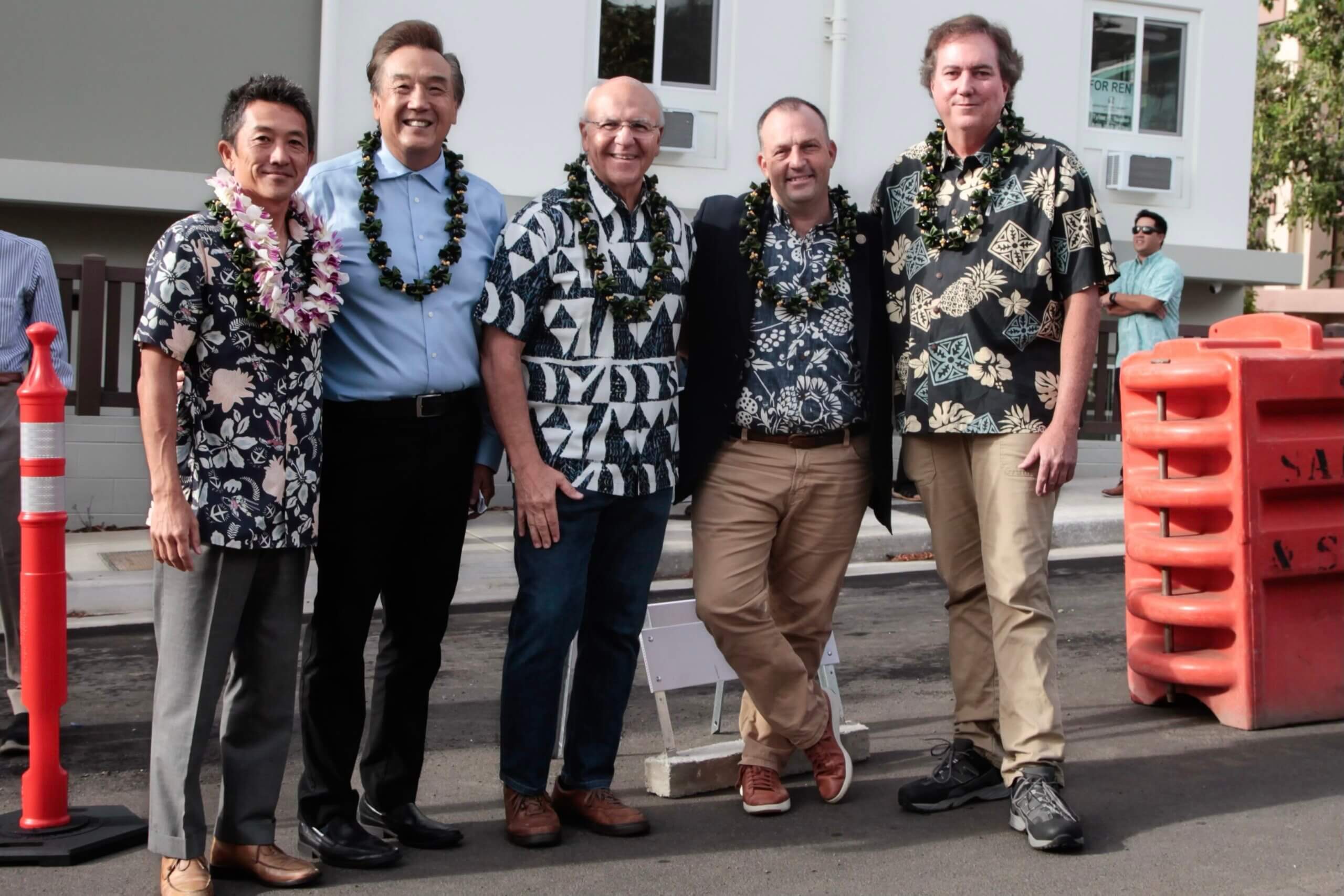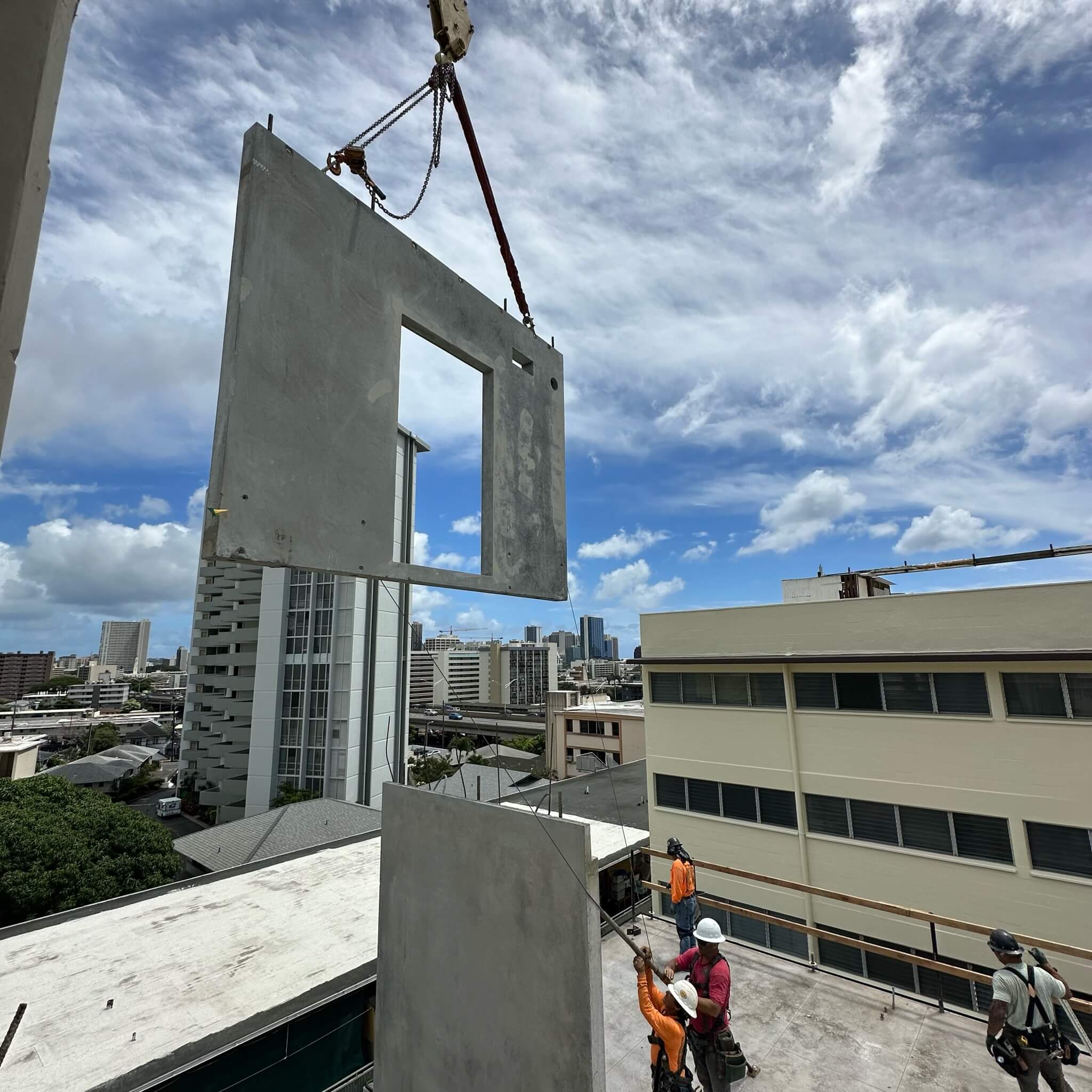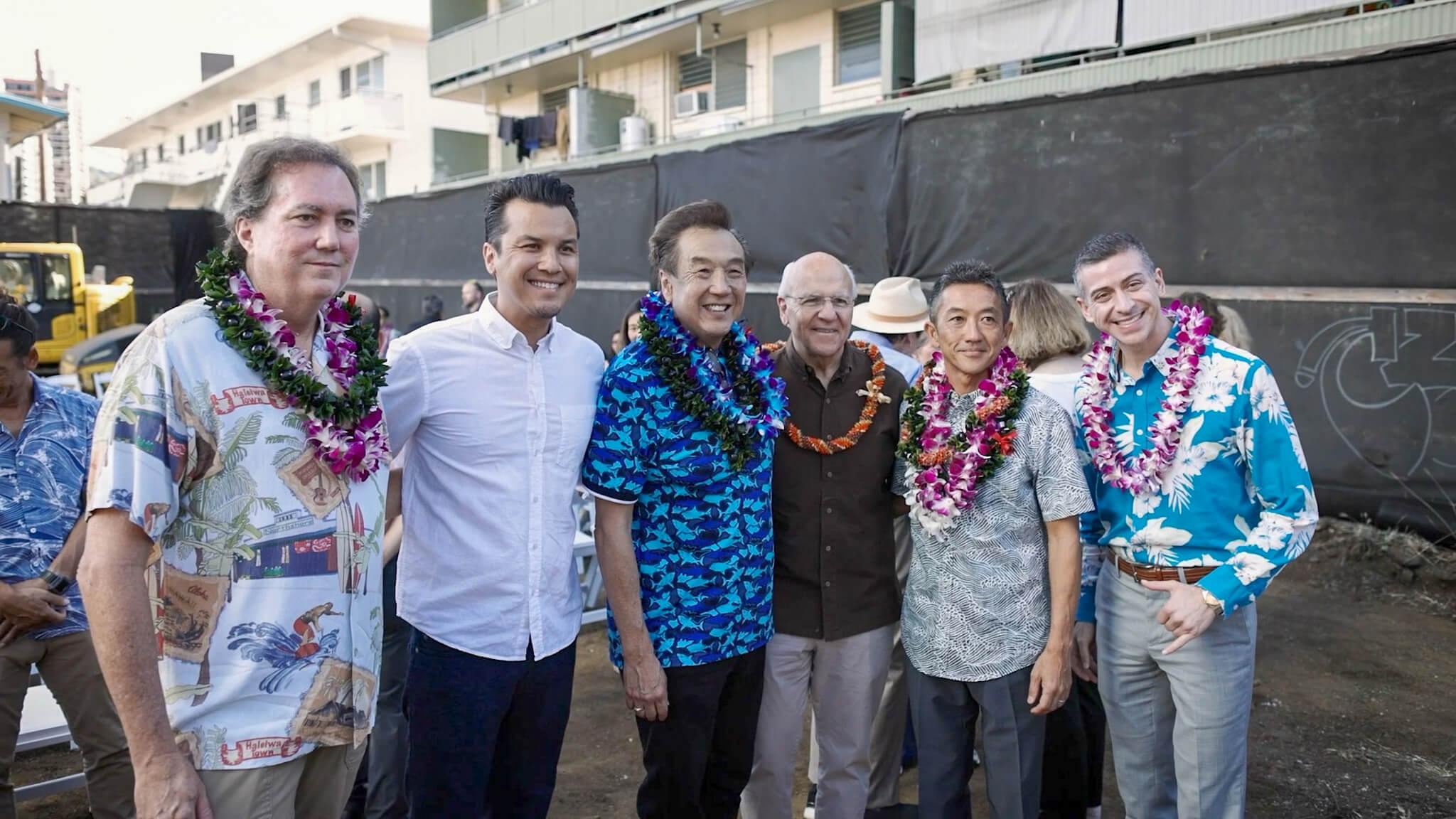Understanding Honolulu Bill 7: Your 2025 Guide to Affordable Housing Development
Introduction
Honolulu faces a significant affordable housing crisis, leaving many working families struggling to find suitable living arrangements. To address this issue, the city introduced Honolulu Bill 7, a transformative initiative aimed at stimulating affordable rental housing development. In this article, you’ll learn about the key aspects of Bill 7, including its incentives, requirements, and benefits for property owners, developers, and investors.
If you’re looking to develop affordable housing in Honolulu, understanding Honolulu Bill 7 is crucial. Let’s dive into the details.
What is Honolulu Bill 7 and Why It Matters?
Honolulu Bill 7 was signed into law in 2019 to address the city’s affordable housing shortage. High construction costs and restrictive zoning laws had long hindered the development of affordable housing. Bill 7 seeks to reduce these barriers by encouraging private-sector investment in affordable rental apartments.
Key Objectives of Bill 7
- Increase affordable rental units for working families.
- Reduce barriers like high construction costs and restrictive zoning.
- Provide incentives for developers and property owners to participate.
By addressing these issues, Bill 7 opens doors to new opportunities for housing development in Honolulu.
Major Incentives for Affordable Housing Under Honolulu Bill 7
Bill 7 offers generous incentives to make affordable housing development more attractive to property owners and developers.
Key Financial Incentives
- Bill 3 – City and County grants $40 per square foot for units under 300 square feet in size; or $12,000 per unit for units that are 300 square feet or larger.
- Property tax exemption for 10 years. (Improvement portion only)
- Waiver of permit and utility fees.
- Exemption from wastewater system facility charges.
- Exemption from general excise tax on rent income.
These financial benefits help offset the cost of construction and make projects more financially viable.
Streamlined Development Process
- 90-day permitting process to speed up approval.
- Relaxed zoning and building code standards.
- Increased building height and density allowances.
- No off-street parking or bicycle parking requirements.
- Exemption from Subdivision Ordinance’s Parks and Playgrounds dedication requirement.
By simplifying the process, Bill 7 removes many of the bureaucratic obstacles developers typically face.
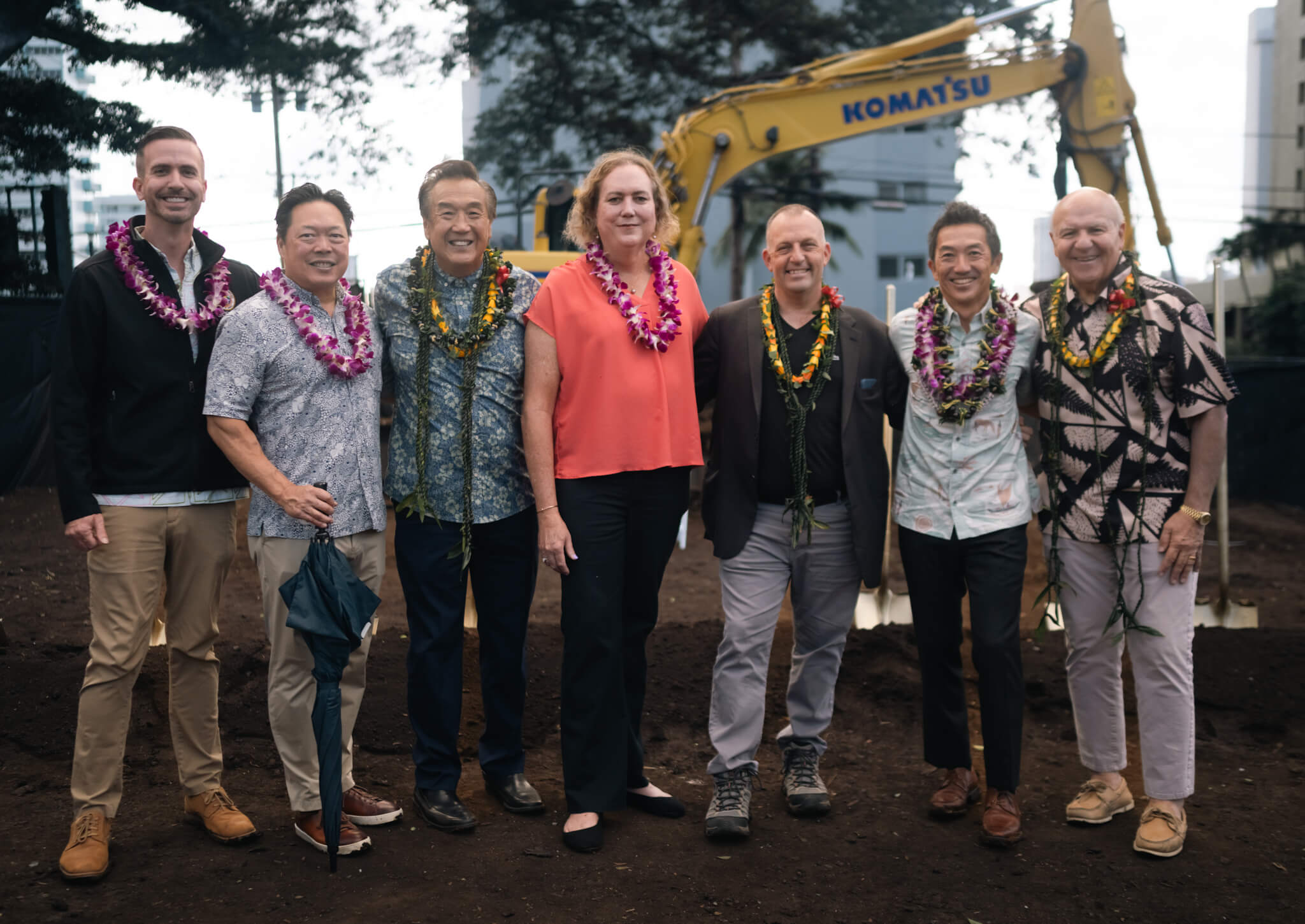
From left: Council member Matt Weyer, Bank of Hawaii CEO Peter Ho, Paul Lam, Geena Thielen, Governor Josh Green, Evan Amakata, Mayor Rick Blangiardi
1568 Pensacola Groundbreaking Ceremony
Who Can Benefit from Honolulu Bill 7 Affordable Housing Incentives?
Eligible Property Types
- Properties zoned for Apartment (A), AMX, or BMX.
- Multi-family dwellings where at least 80% of units are rented to households earning 100% or below the Area Median Income (AMI).
Restrictions on Use
- Mixed-use projects are generally prohibited, except for ground-floor commercial use.
- Units in projects cannot be converted to vacation rentals or bed-and-breakfast homes.
Declaration of Restrictive Covenants
- Property owners must execute and file a declaration of restrictive covenants.
- Any new owner must also execute the declaration upon transfer of title.
These criteria ensure that Bill 7 incentives are used exclusively for affordable housing projects.
Navigating the Requirements of Bill 7 for Affordable Housing
To qualify for the program, property owners must meet specific criteria.
Rental Requirements
- Minimum 6-month leases with no subleasing.
- Affordable rental rates for tenants earning up to 100% of the AMI.
Declaration of Restrictive Covenants
- The declaration must specify that the land is subject to Bill 7’s affordable housing requirements.
- Properties may qualify for a real property tax exemption if rented to households earning 80% or below the AMI.
Condominium Property Regime
- Land may be submitted to a condominium property regime under specific conditions.
Understanding and meeting these requirements is essential for property owners and developers to take full advantage of Bill 7.
How to Make the Most of Honolulu Bill 7: Tips for Developers and Investors
If you’re a property owner or developer, here are some steps to capitalize on Bill 7 incentives.
Steps to Take
- Assess property eligibility and development potential.
- Connect with lenders, investors, and developers experienced in affordable housing.
- Develop a detailed plan that aligns with Bill 7’s guidelines.
Resources
- Utilize resources like the Bank of Hawaii e-book for guidance.
- Reach out to experts for consultation and assistance.
Proper planning and leveraging available resources can maximize your success with Bill 7 projects.
Real-World Examples of Bill 7 Affordable Housing Projects
Sample Properties
- 1427 Ernest St, Honolulu
- 5,388 sq ft corner lot, ideal for a Bill 7 affordable rental project, built in 2023
- A walk up 3 stories apartment with no parking. Currently rented at 100% occupancy.
- 1226 Kinau Street,Honolulu
- Centrally located in Makiki.
- 5,000 sq ft lot across from Safeway and Target.
- Built in 2024, Currently rented at 100% occupancy.
These examples demonstrate the practical applications of Bill 7 incentives in real estate development.
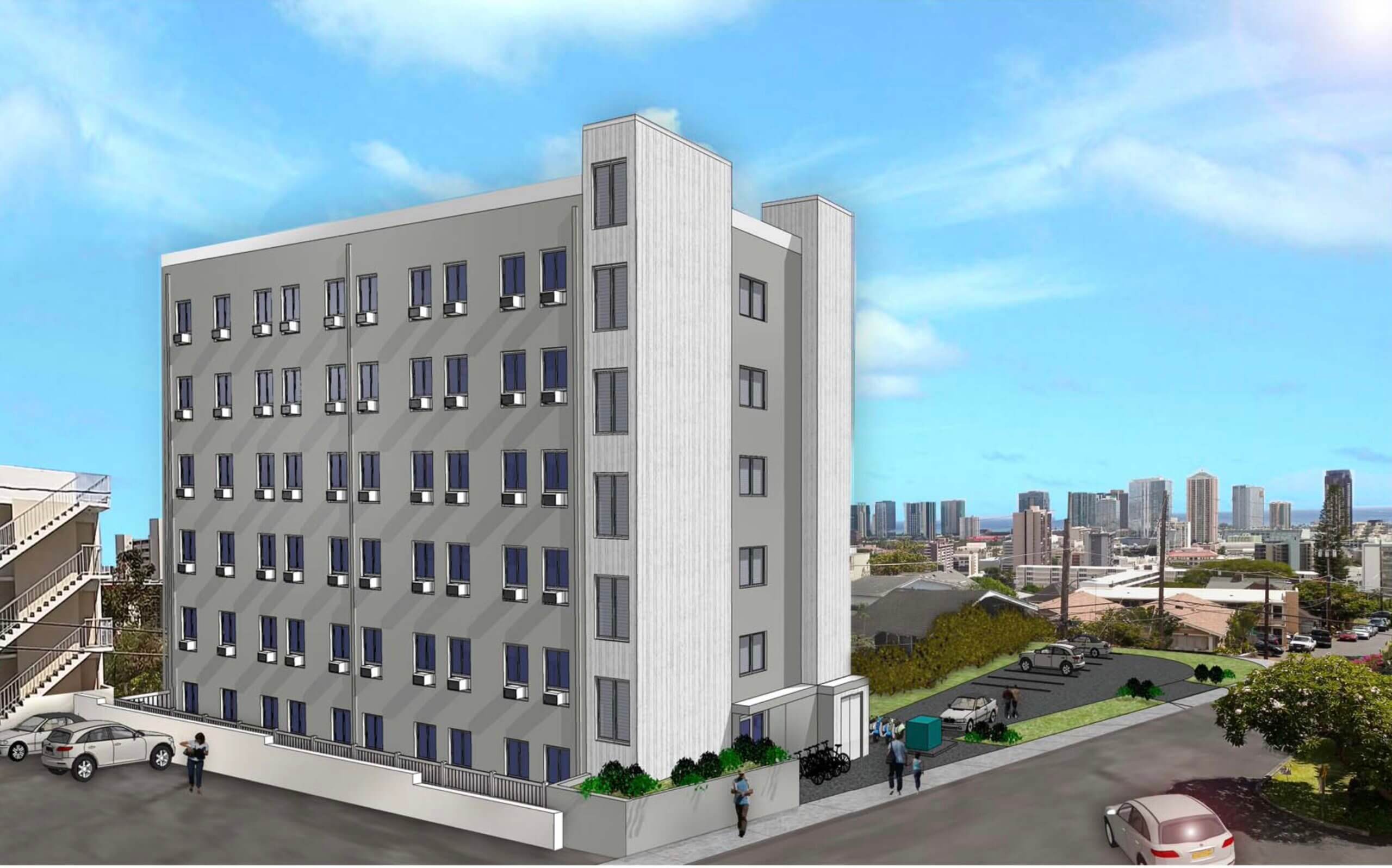
1617 Alapai St project
53 units to be completed in 2026
Honolulu Bill 7 and the Future of Affordable Housing
Honolulu Bill 7 is reshaping the affordable housing landscape. By incentivizing private-sector development, the program aims to address the city’s housing crisis and create sustainable living solutions for working families.
For developers, Bill 7 presents a unique opportunity to contribute to the community while benefiting from significant financial and regulatory advantages.
Frequently Asked Questions (FAQ) About Honolulu Bill 7 Affordable Housing
Common Questions
What is the maximum income allowed for tenants to qualify for Bill 7 housing?
- Answer: 100% of the Area Median Income (AMI).
How long does the Bill 7 program last?
- Answer: Currently until May 19, 2031.
Can I use Bill 7 to build a vacation rental?
- Answer: No, units in an ARH project may not be used as vacation rentals or bed-and-breakfast homes.
What happens if I sell my property during the exemption period?
- Answer: The new owner must also execute a declaration of restrictive covenants.
Can a property owner live in a unit and rent out the others and still qualify for Bill 7 incentives?
- Answer: No more than 20% of the total units may be occupied by the property owner(s) or their relatives.
Are there any parking requirements for Bill 7 projects?
- Answer: No, there are no off-street parking requirements for Bill 7 projects.
Where can I find a copy of Bill 7?
- Answer: A copy can be found at Honolulu’s official document portal.
Conclusion
Honolulu Bill 7 offers a unique opportunity to tackle the city’s affordable housing crisis while benefiting developers and property owners. From financial incentives to streamlined processes, the program makes affordable housing development more achievable than ever before.
If you’re ready to take advantage of Bill 7, consider reaching out for a consultation, downloading a helpful e-book, or filling out a form to start your journey. Together, we can build a better future for Honolulu.
